Imperial Ideology and Political Thought in Byzantium, 1204–1330
- Author: Dimiter Angelov, University of Birmingham
- Date Published: February 2007
- availability: Available
- format: Hardback
- isbn: 9780521857031
Hardback
Other available formats:
Paperback
Looking for an inspection copy?
Please email [email protected] to enquire about an inspection copy of this book
-
This study is the first to systematically investigate Byzantine imperial ideology, court rhetoric and political thought after the Latin conquest of Constantinople in 1204 - in the Nicaean state (1204–61) and during the early period of the restored empire of the Palaiologoi. The book explores Byzantine political imagination at a time of crisis when the Empire ceased to be a first-rate power in the Mediterranean. It investigates the correspondence and fissures between official political rhetoric, on the one hand, and the political ideas of lay thinkers and churchmen, on the other. Through the analysis of a wide body of sources, a picture of Byzantine political thought emerges which differs significantly from the traditional one. The period saw refreshing developments in court rhetoric and political thought, some with interesting parallels in the medieval and Renaissance West, which arose in response to the new historical realities.
Read more- Dispels the myth that the Byzantines produced no viable or original political thought
- Explores the history of Byzantium after the Fourth Crusade
- Sets Byzantine political ideology and rhetoric within a wider medieval context
Reviews & endorsements
Review of the hardback: 'Angelov offers a subtle study of the interplay between official pronouncements about right political order and those ideas about imperial rule that developed in semi-official or independent contexts. To this end, he deploys an astonishing spectrum of sources from a century-and-a-half of Byzantine history, including preambles (prooimia) to imperial charters, orations composed for public performance at the imperial court, mirrors of princes, philosophical treatises and rhetorical exercises.' The Anglo-Hellenic Review
Customer reviews
17th Oct 2024 by UName-1162559
his 2007 study was the first to systematically investigate Byzantine imperial ideology, court rhetoric and political thought after the Latin conquest of Constantinople in 1204 - in the Nicaean state (1204 61) and during the early period of the restored empire of the Palaiologoi.
Review was not posted due to profanity
×Product details
- Date Published: February 2007
- format: Hardback
- isbn: 9780521857031
- length: 474 pages
- dimensions: 229 x 152 x 30 mm
- weight: 0.88kg
- availability: Available
Table of Contents
Introduction
Part I. Official Ideology:
1. Analyzing imperial propaganda
2. The imperial idea: continuity and change in the imperial image
3. Rhetorical theories of succession
4. The ideology of imperial government
5. The panegyrists as lobbyists
Part II. The Independent Theorists:
6. Tradition and innovation in theoretical texts
7. Theodore II Laskaris as a political thinker
8. The critics of the Palaiologoi: fiscal responsibility and elective kingship
9. The controversy on imperial taxation
10. Manuel Moschopoulos, Plato, and government as social covenant
Part III. The Ecclesiastics:
11. The emperor - subject to the church: late Byzantine hierocratic theories
Conclusions.
Sorry, this resource is locked
Please register or sign in to request access. If you are having problems accessing these resources please email [email protected]
Register Sign in» Proceed
You are now leaving the Cambridge University Press website. Your eBook purchase and download will be completed by our partner www.ebooks.com. Please see the permission section of the www.ebooks.com catalogue page for details of the print & copy limits on our eBooks.
Continue ×Are you sure you want to delete your account?
This cannot be undone.
Thank you for your feedback which will help us improve our service.
If you requested a response, we will make sure to get back to you shortly.
×
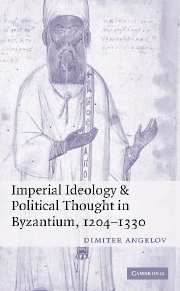

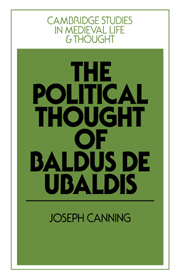



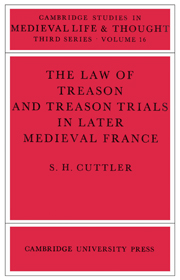
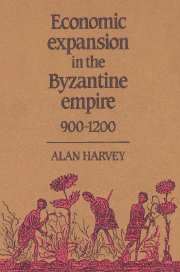
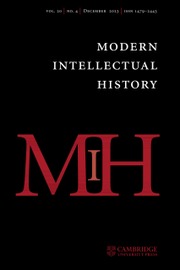
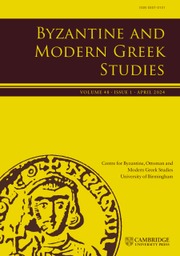
.jpg)
